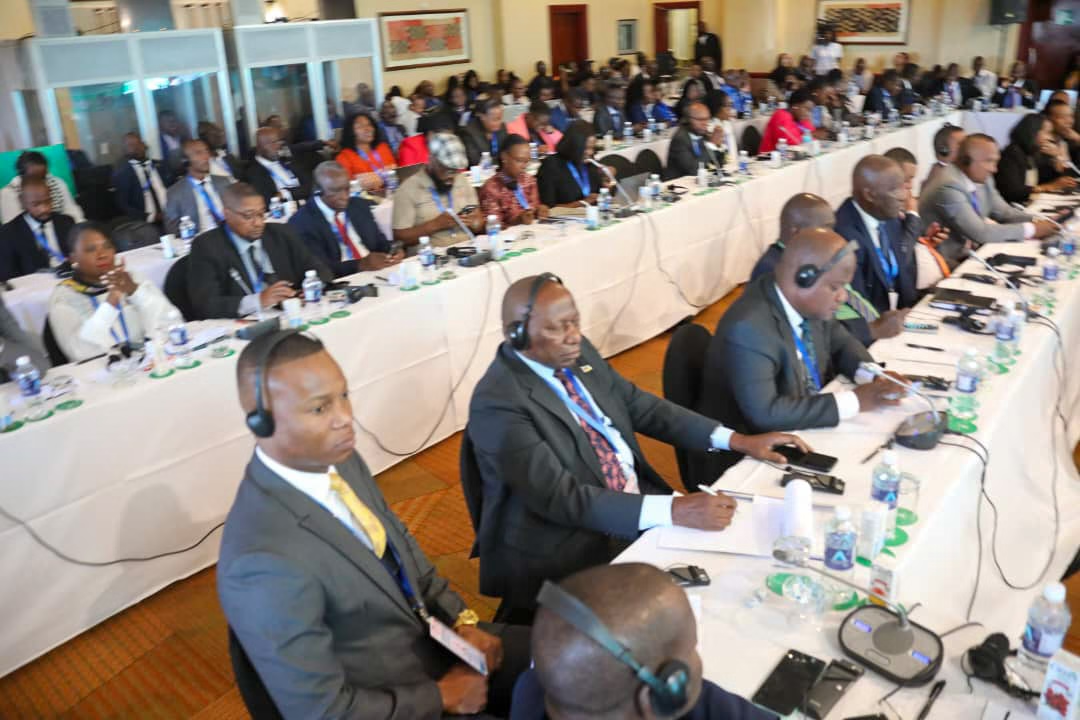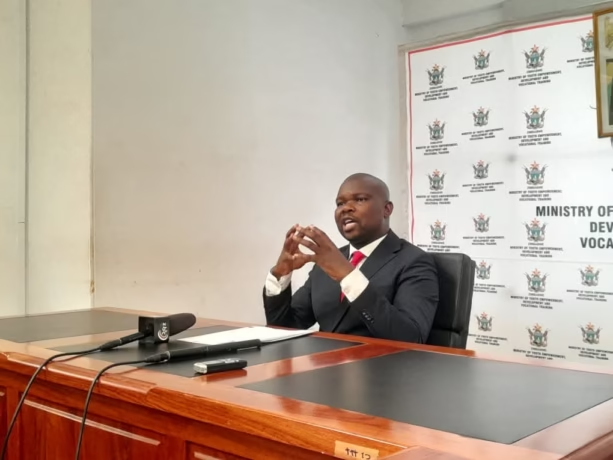
Amidst the thundering embrace of Victoria Falls, where the region’s leaders gathered for the 57th Plenary Assembly of the SADC Parliamentary Forum, the promise of digital transformation and regional integration emerged as a defining thread of hope and purpose. Conversations on Artificial Intelligence (AI) and its role in shaping governance, economic development, and citizen empowerment resonated throughout the Assembly, underscoring a collective commitment to harnessing technology as a catalyst for progress.
Delegates championed the vision of a unified digital enterprise framework, an architecture that transcends borders, bridges gaps in infrastructure, and aligns with the region’s aspirations for sustainable development. AI was heralded not as an abstract or futuristic concept, but as an immediate and practical tool for transforming critical sectors such as agriculture, education, healthcare, and trade. In agriculture, the potential to leverage data-driven insights and smart systems promises to revolutionize crop management, boost yields, and enhance food security. In education, adaptive learning platforms powered by AI hold the key to personalized and inclusive learning, enabling every student to thrive regardless of background.
The Assembly’s deliberations emphasized that AI is more than algorithms, it is a strategic enabler of governance that can streamline legislative research, automate routine tasks, and create citizen-centric digital services. The notion of a regional enterprise architecture emerged as a cornerstone of this vision, providing a common language and shared infrastructure for rolling out smart solutions that are secure, scalable, and interoperable. Such an architecture is aligned with the African Union’s Agenda 2063, the UN Sustainable Development Goals, and the SADC Digital Transformation Strategy, reinforcing the region’s readiness to embrace the digital era with confidence and purpose.
Conversations also highlighted the importance of balancing innovation with responsibility. The risks of technological fragmentation, inequality, and digital exclusion were acknowledged as real challenges requiring proactive action. Ensuring that no country, community, or citizen is left behind calls for deliberate investments in skills development, particularly for youth and women, alongside targeted programs to close the urban-rural digital divide. This focus on inclusivity ensures that AI is not simply a tool for the few, but a bridge to opportunity for all.
The Assembly further underscored the critical role of academia and research institutions in driving AI literacy, fostering local solutions, and cultivating a new generation of innovators who will shape the region’s digital destiny. Universities were recognized as key actors in integrating AI education across disciplines, preparing professionals not only in computer science but also in governance, law, agriculture, and the social sciences.
In parallel, robust regulatory frameworks were identified as essential to guide the ethical deployment of AI technologies. The Assembly recognized the need for comprehensive data governance, cybersecurity standards, and mechanisms for parliamentary oversight to build trust and accountability in digital systems. Calls for regional coordination through structures such as an AI governance council and annual AI review summits reflected a shared understanding that technology must serve citizens while upholding democratic values and human rights.
As discussions turned to trade and regional connectivity, the promise of AI-driven solutions to modernize customs processes, enhance supply chain visibility, and promote seamless cross-border commerce emerged as a beacon of economic opportunity. Digital platforms powered by AI can reduce costs, eliminate bottlenecks, and accelerate the movement of goods and services across SADC borders, unlocking new avenues for regional prosperity and integration.
The conversations in Victoria Falls ultimately converged on a single, powerful idea: that AI and digital transformation are not ends in themselves, but means to build a region that is united, prosperous, and inclusive. The Assembly’s reflections and resolutions embodied a collective commitment to architect a future where technology empowers people, strengthens democratic governance, and fosters shared prosperity across Southern Africa. As the mist of Victoria Falls settled on the final day, it was clear that the journey toward digital unity had begun, an odyssey marked by hope, collaboration, and an unwavering belief in the transformative power of technology to shape a better tomorrow for all.




